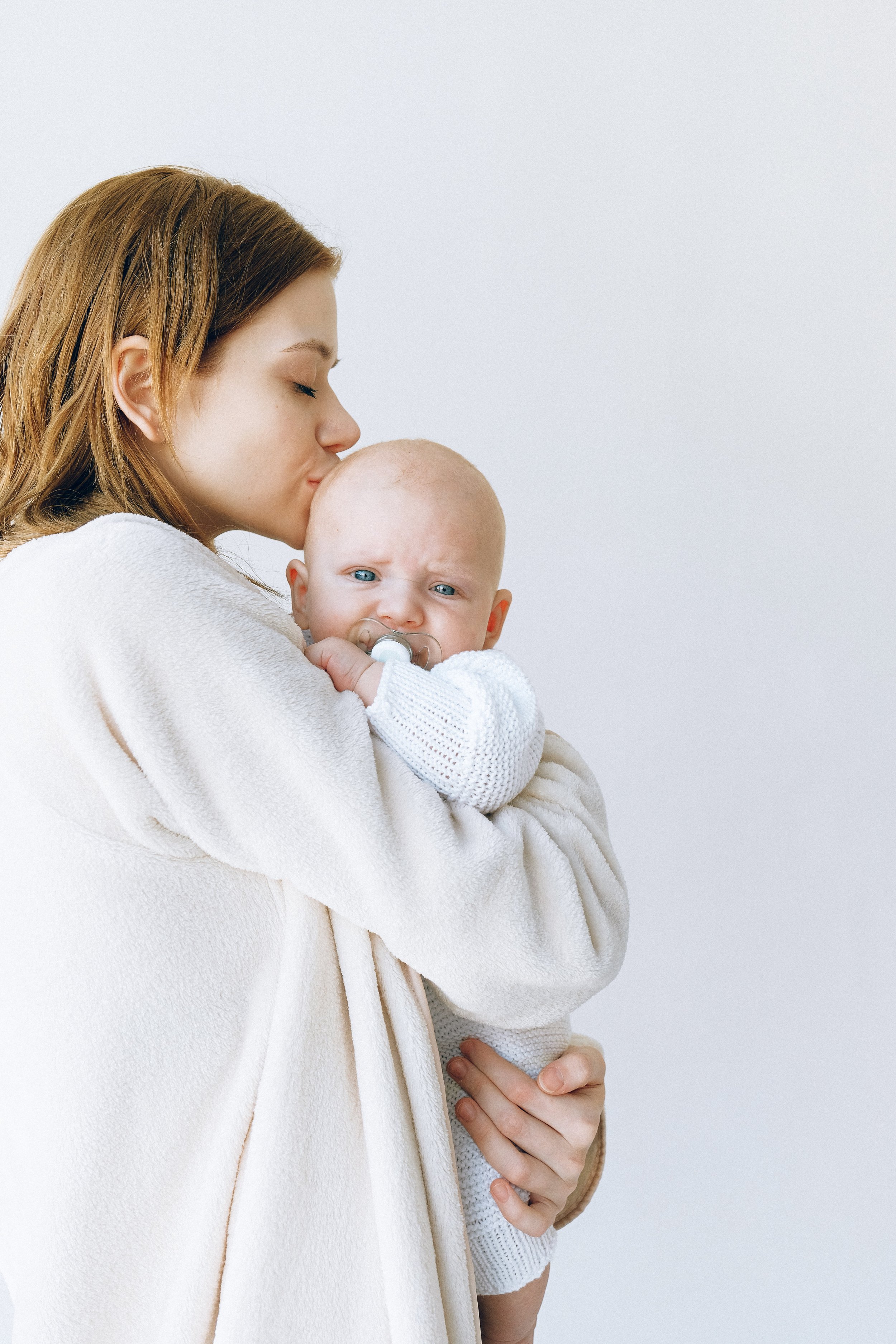Matrescence: The Evolutionary Journey Through Motherhood

What did you do to prepare for motherhood? Maybe you purchased books, researched the best stroller and safest car seat. Perhaps you and your partner attended a birthing class or spent the afternoon adding all the gadgets and gizmos to your registry. I know when I first learned that I was going to become a mom I did all the above, and probably more. What I did not do, however, was prepare myself for the emotional, the physical, the existential changes that I would soon face. To be brutally honest, I now know the disservice I did to myself by not preparing myself for these changes. It wasn’t until a few months ago when I began researching and educating myself on Maternal Mental Health that I learned of the term Matrescence.
I recently attended a workshop on the topic of Matrescence held by Cayley Benjamin, a Motherhood Coach.
She explains Matrescence as “the profound transformation – physical, psychological, social, economic and existential – that a mother experiences as they become a mom and journey through motherhood” (Adapted from “Matrescence Conceptual Framework” Athan, 2015). When you become a mom be it through pregnancy, surrogacy, adoption or the many other ways one can become a mom, there is an inevitable evolution we all journey through, arguably for the rest of our lives. Matrescence can be likened to that of adolescence, an often awkward, yet well described developmental phase that we all go through (Sacks & Birndorf, 2019). Differing from adolescence, there has not been a well-presented framework for when one becomes a mom, and how one navigates through this developmental shift. As Athan (2019) explains, how can one know what is happening to us mothers in the absence of an explanatory framework? That is where the term comes into play. I believe it can give us moms relief and even provide context to this evolution.
Learning about Matrescence has allowed me to shift my own perspective of motherhood. I have learned to accept that my body may not “bounce back” and to shift my thoughts to a place of acknowledgement; that it has gone through a physical evolution which has allowed me to grow and nourish my two boys. I now view the world in a completely different way through the lens of a mother, more guarded in some ways and yet softer in others. Moreso, I have found comfort in knowing that it is more than ok sit in the ambivalence of motherhood, that this evolution is “both stressful and growth-producing” (Athan, 2019) and that I now hold a responsibility to end the narrative that motherhood should be either a love-it or hate-it experience (Athan, 2019). It is ok to need time alone, but miss your kiddos at the same time. It is ok to be overwhelmed by two kids, yet still entertain the idea of a third.
Our babies and children are constantly developing and changing, and so are we as mothers. So might I encourage those moms to reflect on their own path through Matrescence. Begin to recognize that motherhood is a continual process and understand that we do not have to have it all figured out right away. Take comfort in knowing that the very theory behind Matrescence encourages all mothers to “identify, explore, cope with and shape their destinies according to their own individual differences” (Athan, 2019). So, take a step back, breathe deeply and be kind to yourself. I would encourage you to speak with other moms about this often puzzling yet liberating time. Share with your partner your struggles and triumphs. This unique journey isn’t always easy, but as Cayley has pointed out “we are not meant to go back to who we used to be”.

A bit about the author
Lauren Champion is a Registered Clinical Counselor at Latitude Counselling and specializes in CBT, new moms, parenting, anxiety, depression, postpartum, peri partum depression & trauma

